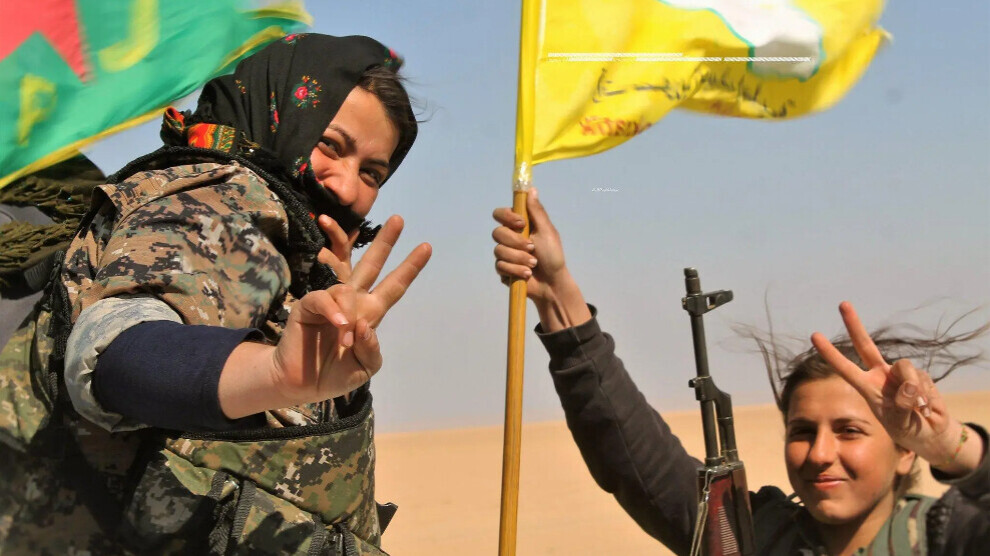Korkmaz: Rojava is a good model for the entire Middle East
Dr. Toros Korkmaz, an expert in international relations, said that Kurds need to follow an inclusive political approach, adding that Rojava is a good model for the entire Middle East.
Dr. Toros Korkmaz, an expert in international relations, said that Kurds need to follow an inclusive political approach, adding that Rojava is a good model for the entire Middle East.

Dr. Toros Korkmaz, a faculty member at the University of Zurich, said that the direct clashes between Israel and Iran in the Middle East have opened the door to a new era threatening regional security.
Speaking to ANF, international relations expert Dr. Korkmaz noted that through its operations against HAMAS and Hezbollah, Israel has weakened Iran’s influence in the region, and a new equation has formed following the collapse of the Assad regime in Syria. He pointed out that Israel's killing of senior Iranian commanders on the first day and its significant damage to critical nuclear facilities revealed the weakness of the Iranian state. However, he added: "Despite this, Iran was able to respond the same evening with airstrikes, drones, and missile attacks on Israel. So far, these attacks have caused civilian casualties in Israel."
The reflex of persian nationalism
Dr. Korkmaz argued that this picture indicates no serious disintegration or imminent collapse of the Iranian regime like in Syria. He said: "Although a significant portion of society opposes the regime in Iran, nationalist reflexes kick in when the country is under external attack. The Persian population, which constitutes the majority, refrains from launching a full-scale rebellion against the regime in the face of external threats. Furthermore, if the regime hasn't completely collapsed, ethnic groups in the country aligning directly with Israel could find themselves in a very difficult position."
Balanced politics and rhetoric for the Kurds
Dr. Korkmaz emphasized that the struggle for rights in Rojhilatê Kurdistan (Eastern Kurdistan) has become more vocal and organized in this period, stating: "PJAK’s recent statement does not paint a politically negative picture. The situation is quite complex and sensitive for the Kurds. In a time when the regime is weakened but not yet collapsed, adopting an openly pro-Israel stance could have negative consequences. Therefore, I believe it is critically important for Kurdish movements to develop a balanced political strategy and rhetoric during this period."
Implications for Turkey
Stating that Turkey cannot take on any operational role in Iran for now, Dr. Korkmaz noted that Turkey will adopt a “wait-and-see” approach as long as the regime does not collapse. He added: "If the regime collapses, Turkey could pursue a military intervention policy under the pretext of protecting the Azeris in the region in cooperation with Azerbaijan. A power vacuum in Iran could also lead to increased autonomy demands from the Kurds, which may prompt Turkey to accelerate the peace process."
If the regime doesn’t collapse, it might strengthens the center
Dr. Toros Korkmaz argued that, aside from developments in Syria, it is too early to claim that state structures are collapsing across the Middle East while non-state actors are gaining strength. He said: "If the regime does not collapse, it may instead choose to strengthen central authority. In this scenario, non-state political actors should not focus solely on their own group identities but adopt inclusive policies that embrace all ethnic and religious identities, promote women's liberation, question capitalism, and deepen democratic culture. Patriarchy remains a dominant force in the Middle East. Therefore, I believe that pro-women’s liberation policies would resonate strongly among Kurdish, Turkish, Arab, and Azeri populations. In this context, I see Rojava as a good role model for the entire Middle East."